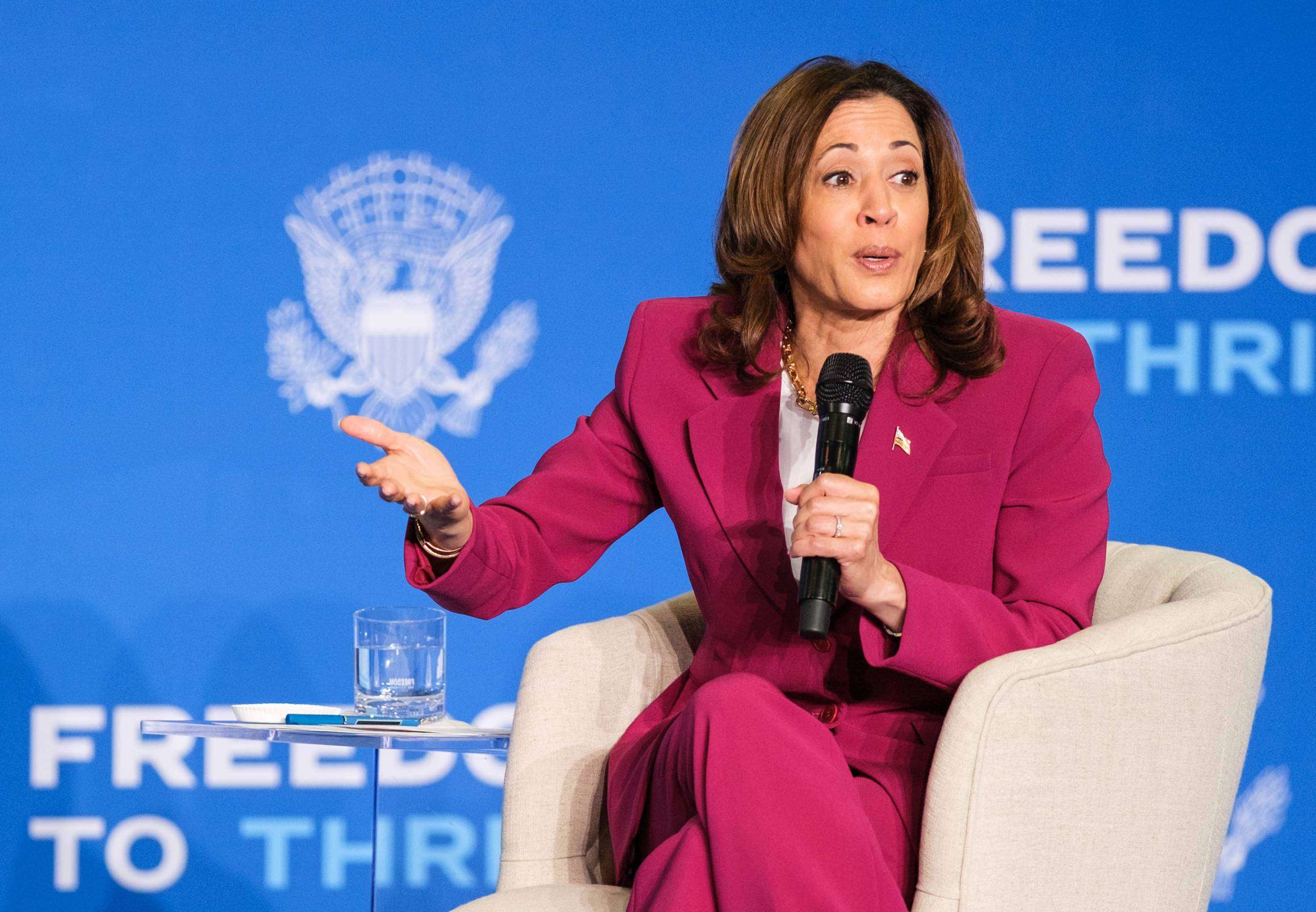The Lack of Seriousness in America’s Presidential Policy Agendas
The current election cycle is marked by an unusual dynamic where both Donald Trump and Kamala Harris’ supporters advocate for their respective candidates primarily based on what they may not do, rather than any concrete policy proposals. With Trump, there’s a paradox in his advocacy for a sweeping 20 percent tariff on imports, which would typically invoke concern among business supporters about rising costs and disrupted supply chains. However, some of his supporters claim that these tariffs are unlikely to be implemented, viewing them as mere bluster or negotiating tactics rather than genuine policy commitments. They argue that Trump’s extreme proposals serve as leverage in trade negotiations, a reinterpretation that presents his aggressive tariff stance as a potentially crafty means to eventually lower trade barriers. Despite this, historical patterns show that Trump has consistently favored such mercantilist policies, raising legitimate questions about his reliability regarding economic matters.
Conversely, Kamala Harris’ proposal for a ban on “price gouging” is initially presented as an urgent consumer protection measure but soon morphs into a confusing messaging strategy. Early descriptions implied a comprehensive federal price control system, alarming critics and prompting the campaign to retreat into a less stringent stance, claiming that it would only augment existing state laws. This retreat raises suspicions about the substance and intent behind the proposal, as Harris promotes it as a solution to rising grocery prices while simultaneously asserting its limited application. Her campaign’s portrayal of the plan as effective without robust application creates a narrative of insincerity, further complicating public trust.
The lack of clarity from Harris mirrors a broader uncertainty regarding what her economic policies would entail if she were elected. Supporters suggest that her plans are less about actual implementation and more about appeasing voter sentiment, which can be perceived either as a lack of genuine commitment or as opportunistic political maneuvering. The ambiguity surrounding both her and Trump’s proposals raises questions about whether they have substantive plans for addressing real economic issues. Without detailed discussions or direct engagements with pressing economic challenges, both candidates contribute to a sense of disillusionment among voters seeking accountability and clear policy direction.
The overarching issue is that neither candidate demonstrates a serious commitment to addressing the economic realities facing the country. Trump’s history of dubious assertions and whimsical policy statements leaves voters wrestling with doubts about his integrity and understanding of complex economic mechanics. Meanwhile, Harris similarly lacks a coherent economic vision, as her flirtations with progressive economic policies often appear half-hearted or poorly articulated. This absence of robust economic policy discussions is particularly alarming given the looming fiscal challenges America faces, such as the insolvency of major entitlement programs and the specter of rising national debt.
Despite the significant economic reckoning on the horizon, both candidates appear to sidestep critical conversations surrounding fiscal responsibility and the need for informed governance. Trump’s proposed policies threaten to exacerbate national deficits, raising alarms among more economically-minded constituents. At the same time, Harris’ vague and sometimes misleading rhetoric about price controls calls into question her grasp on effective economic stewardship. Instead of engaging in serious discourse about economic reform, both candidates risk furthering public cynicism and distrust in political leadership.
Ultimately, the current electoral landscape reveals a troubling lack of seriousness regarding economic policy from both Trump and Harris. Their approaches, marked by a penchant for empty promises and vague proposals, reflects a broader failure to confront the essential issues that an informed electorate deserves to see addressed. As the election unfolds, the absence of substantive economic policies could undermine the faith in democratic governance, with voters left grasping for leadership capable of articulating and enacting genuine solutions to pressing economic challenges. In short, this election has highlighted a critical need for candidates who prioritize clarity, accountability, and responsibility in their policy agendas.
Share this content:












Post Comment